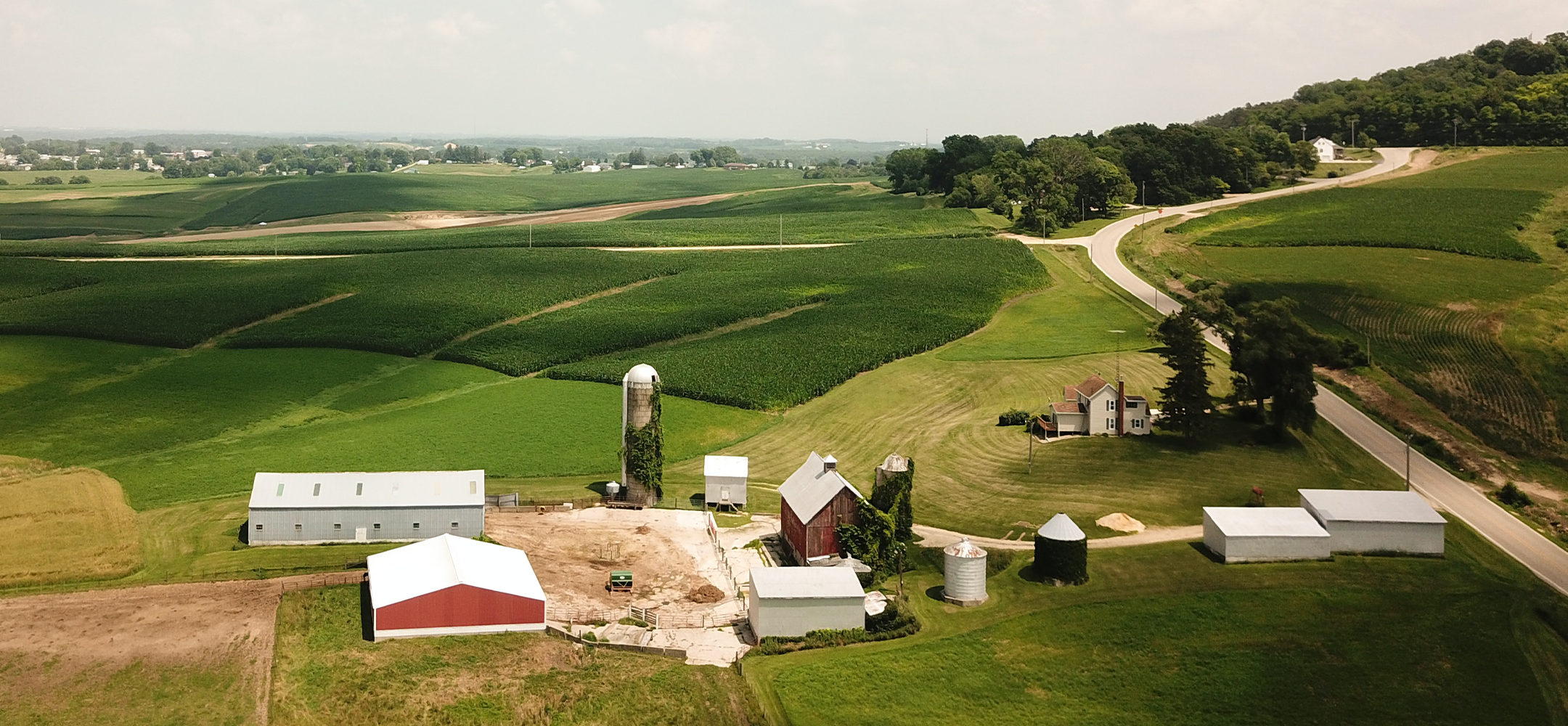
Rural communities
At the Simons Foundation, we believe that everyone deserves opportunities to engage with science. Unfortunately, not everyone has access to these opportunities. In fact, many have very little or none. But this upcoming total eclipse isn’t just coming to cities like Austin, Cleveland or Buffalo. It will pass through thousands of rural towns from Texas to Maine.
The Simons Foundation is committed to providing opportunities for residents of rural towns to experience the eclipse in ways that are meaningful to them. We’ve partnered with a number of organizations that know these communities and are well suited to support them. Crucially, these activations will be crafted by members of the communities themselves.
Through these partnerships, we seek to provide onramps to lifelong relationships with science for people that have not traditionally been included in science engagement.
Arkansas Regional Innovation Hub
The Arkansas Regional Innovation Hub at Winrock International is a nonprofit organization dedicated to improving the lives of Arkansans by inspiring innovation and expanding opportunities. Since the Innovation Hub’s opening in 2014, their state-of-the-art facilities have provided tools and training to artists, entrepreneurs, students and other makers, preparing them to join and grow Arkansas' creative ecosystem. In 2018, they partnered with community leaders to create the Mobile Makerspace (The Innovation Hub on wheels) that takes the technology currently available at the Hub to underserved communities, rural communities and schools across the state. Read more
Using their Mobile Makerspace to bring STEAM hands-on activities to the students, the Arkansas Regional Innovation Hub seeks to enhance the overall knowledge concerning the 2024 total solar eclipse to students. The Hub will conduct STEAM solar eclipse hands-on field trips to 25 rural cities that will be in the path of totality to teach students about the science behind the solar eclipse by using tools such as ceramics, printmaking, robotics, fused glass, screen printing and more. They also plan to offer hands-on STEAM make-and-take solar eclipse focused activities during their 3rd Friday Art Walk, host local artists in their gallery that focuses on science, host an adult DIY solar eclipse glasses making workshop in March of 2024 and host an event on the eve of the solar eclipse.
Indiana University Center for Rural Engagement
Established in March 2018, the Indiana University Center for Rural Engagement (CRE) has developed a vital, national model for connecting the distinctive resources of a state comprehensive flagship research and teaching university to the needs of rural residents and communities. The mission of the CRE is to improve rural lives and communities. It achieves this by connecting the Indiana University Bloomington campus’ people, research, cultural assets and expertise to address rural challenges that span from health care access to environmental management to sense of place. Read more
On April 8, 2024, the path of totality of the solar eclipse will cross Indiana University’s Bloomington campus, along with a regional swath which includes cities, towns and rural landscapes across the state. In preparation for this once in a lifetime event, the CRE has begun planning to embrace this event in a multidisciplinary, community-focused initiative, which seeks to build on and support the rural communities that it serves in southern Indiana. The center aims to ignite a love for learning and science through a combination of hiring for dedicated staff outreach positions, funding for rural communities to engage and host events within the path of the eclipse and leveraging established rural relationships and initiatives through the CRE. The 2024 solar eclipse will be positioned as an inspiring scientific event that contributes to community-building and educational engagement in southern Indiana.
Science Mill
The Science Mill is a nonprofit science museum dedicated to creating equitable access for students to STEM opportunities through an innovative platform of experiences and enrichment programs. Located in Johnson City, a rural town in central Texas with a population of 1,700, the Science Mill is a fully experiential museum of self-exploration where kids learn by doing, experimenting, discovering and, most importantly, by being curious. Their mission is to give all kids, regardless of their background, the confidence, tools and support to reach their full potential. Since opening in 2015, the Science Mill has welcomed almost 300,000 visitors to the museum, 65,000 students on field trips and over 3,100 summer campers. Read more
To help rural students living in the path of totality better understand the 2024 eclipse’s significance, the Science Mill will deliver their Mobile Eclipse Team Challenge to schools both before and after the April 8, 2024 total solar eclipse. Designed specifically for students in third through eighth grade, their unique program includes four hands-on stations with gamified, digital experiences that participants can move through at their own pace. The program will feature cohesive challenges with corresponding STEM content and career exploration, hands-on activities, take-home activities for extended learning and family engagement and free eclipse glasses for safe viewing. They aim to encourage students not to miss this once-in-a-lifetime opportunity to witness an incredible celestial event: no child left inside during the eclipse.
Little Free Library
Little Free Library’s mission is to be a catalyst for building community, inspiring readers and expanding book access for all through a global network of volunteer-led Little Free Libraries. Their vision is a Little Free Library in every community and a book for every reader. Little Free Library believes all people are empowered when given the opportunity to discover a personally relevant book. Read more
In the months leading up to the Eclipse, Little Free Library will be filling 25 Little Free Library boxes in communities along the path of totality with a set of 25 eclipse books.